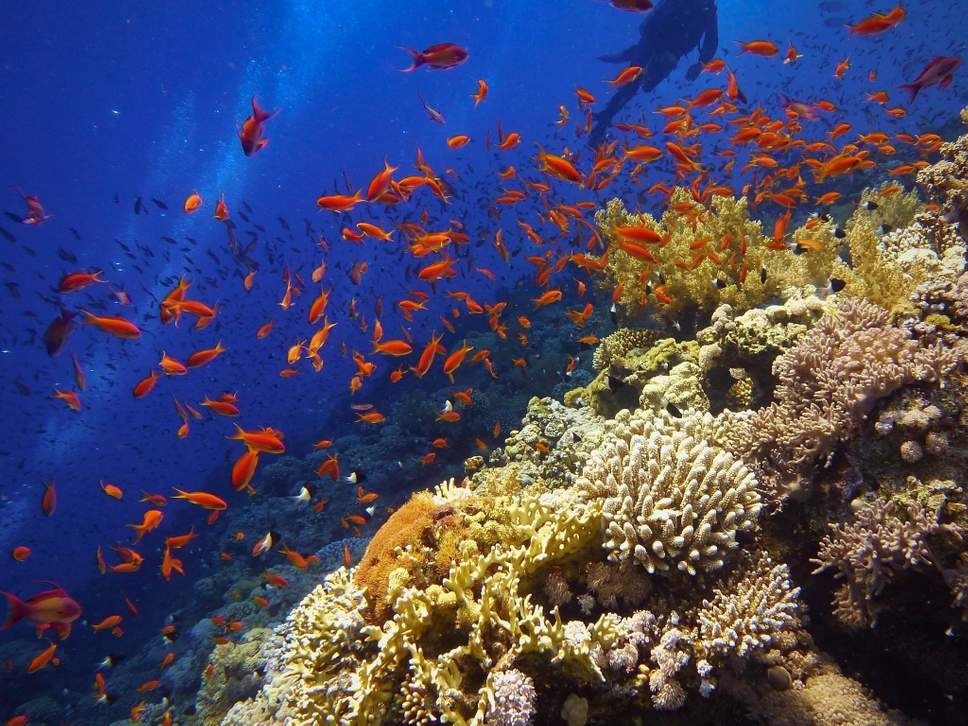Marine life and World Heritage Sites threatened by rising sea levels and pollution

Coastal World Heritage Sites on the Mediterranean Sea are the latest areas to fall victim to the widespread complications of climate change. A recent UN report found that coastal regions are some of the most vulnerable to climate change, and scientists identified 47 key cultural locations across the Mediterranean that are likely to face severe flooding and erosion by the end of the century.
A study conducted by Nature Communications shows an urgent need to address rising sea levels in these areas because rising sea level prevention is rarely incorporated into the management plans for the future preservation of these historic sites. One example of this type of prevention project that is already underway is the MOSE system in Venice, which will see an entire lagoon protected by submerged mobile barriers.
The greatest challenge that faced the researchers who designed the mobile barriers in Venice was ensuring that the devices did not interfere with the fragile ecosystem of the lagoon. As sea levels rise and waters encroach coastal regions, the state of the marine life underneath the water’s surface continues to deteriorate.
Plastic is the largest contributor to marine pollution with around 8 million tonnes of plastic waste ending up in the ocean each year, and the number of microplastics in the ocean now outnumber the stars in the galaxy, according to the United Nations.
Earlier this year UN experts called for concerted action to “beat plastic pollution”, and the organisation said that current pollution levels have put the world on track to see a greater weight of plastic in the ocean than fish by 2050.
Plastics and other pollution that are ending up in the oceans and bodies of water around the world are proving fatal to many marine species. The increasing temperature of water, as reported by the UN’s IPCC latest report, shows the fatal effect that even a slight rise in water temperature can have on the species living there.
In addition to reducing emissions, preserving forests, and reducing reliance on fossil fuels, a serious effort must be made to clean up the ocean and protect the marine species that live there.
The AIDF Global Summit will return to Washington D.C, in 2019.
If you’d like to stay informed on the latest updates in aid and development, please sign up for the AIDF newsletter.
Photo credit: Getty














